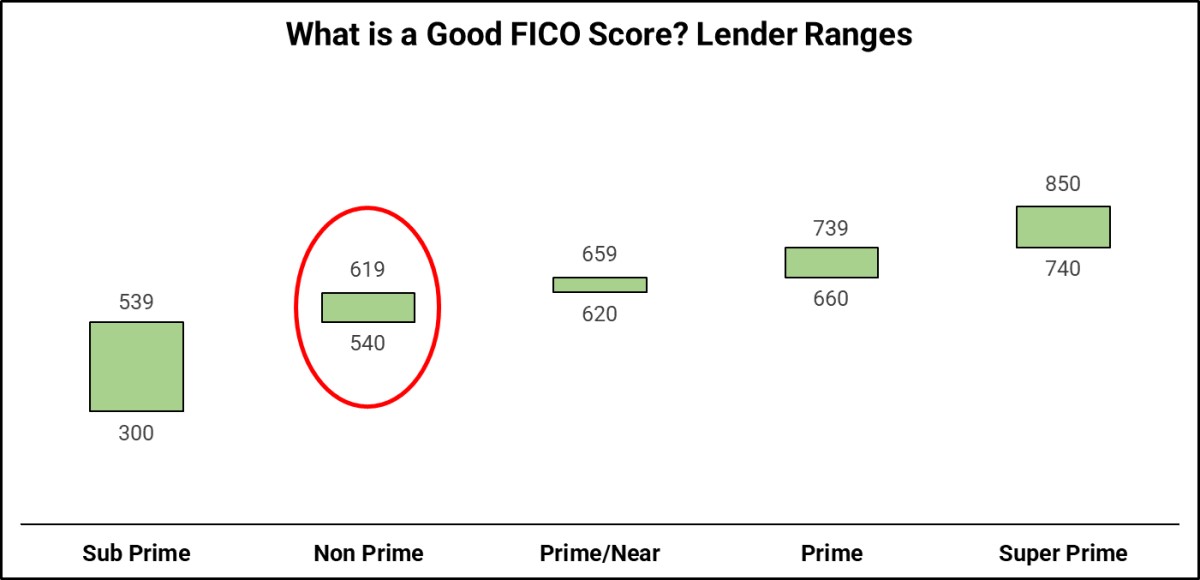

Finance
Called Away Definition
Published: October 21, 2023
Learn the meaning of "Called Away" in finance. Explore the definition and implications of this term in the world of financial markets.
(Many of the links in this article redirect to a specific reviewed product. Your purchase of these products through affiliate links helps to generate commission for LiveWell, at no extra cost. Learn more)
Understanding Call Away Definition: A Guide to Finance
When it comes to financial jargon, it can be overwhelming to keep up with all the terms and definitions. One such phrase that you may have come across is “Called Away”. But what does called away mean in finance? In this blog post, we will explore the meaning of called away and its significance in the financial world.
Key Takeaways:
- The term “Called Away” refers to the common practice of being forced to sell an asset
- It usually occurs when the seller of a security receives a notification to deliver the asset to the buyer at a predetermined price on or before a specified date.
What is Called Away in Finance?
In finance, being called away refers to the situation when an investor is obligated to sell a particular security or asset at a predetermined price within a specified timeframe. This typically occurs when the seller of a security receives a notification from the buyer, demanding the delivery of the asset they initially sold. The notification includes the terms of the agreement, such as the price at which the asset will be bought back and the deadline by which it must be delivered.
Called away can happen in various scenarios, but it is most commonly associated with options contracts or stock trading. For example, if an investor has written a covered call option, they have sold the right to someone else to purchase their shares at a specific price known as the strike price. If the price of the stock reaches or exceeds the strike price before the option expiration date, the option buyer may choose to exercise their right and call away the seller’s shares.
Why Do Assets Get Called Away?
The main reason behind assets getting called away is due to the buyer’s requirement or desire to own the asset. In the case of options contracts, the buyer may exercise their right to purchase the asset if it becomes profitable for them to do so. On the other hand, in stock trading, it may be driven by the buyer’s belief that the stock price will continue to rise.
Additionally, being called away can be seen as a risk management strategy for the buyer. By purchasing the underlying asset at a predetermined price, they can protect themselves from potential price increases in the future, allowing them to profit from the appreciation of the asset.
The Impact of Called Away on Investors
When an investor’s assets get called away, it means they need to sell the asset at the agreed price within the specified timeframe. Here are a few key points to consider regarding the impact of being called away:
- Loss of ownership: When the asset is called away, the investor loses their ownership rights and control over the asset.
- Potential missed profits: If the investor’s asset appreciates significantly after being called away, they may miss out on potential profits.
- Income generation: In some cases, investors may use options strategies to generate income. However, if their assets are called away, this income stream may be interrupted.
- Opportunity for portfolio rebalancing: Being called away can also create an opportunity for investors to reassess their portfolio and make adjustments according to their changing investment goals or market conditions.
It’s important for investors to consider the potential risks and benefits associated with being called away when engaging in options trading or other security transactions.
In Conclusion
Being called away in finance is a common occurrence, especially in options trading. It refers to the situation where an investor is obligated to sell a security or asset at a predetermined price within a specified timeframe. While being called away may have its downsides, it is an integral part of risk management and can offer opportunities for portfolio adjustments. By understanding the call away definition, investors can navigate the financial landscape more confidently and make informed decisions to meet their investment goals.














